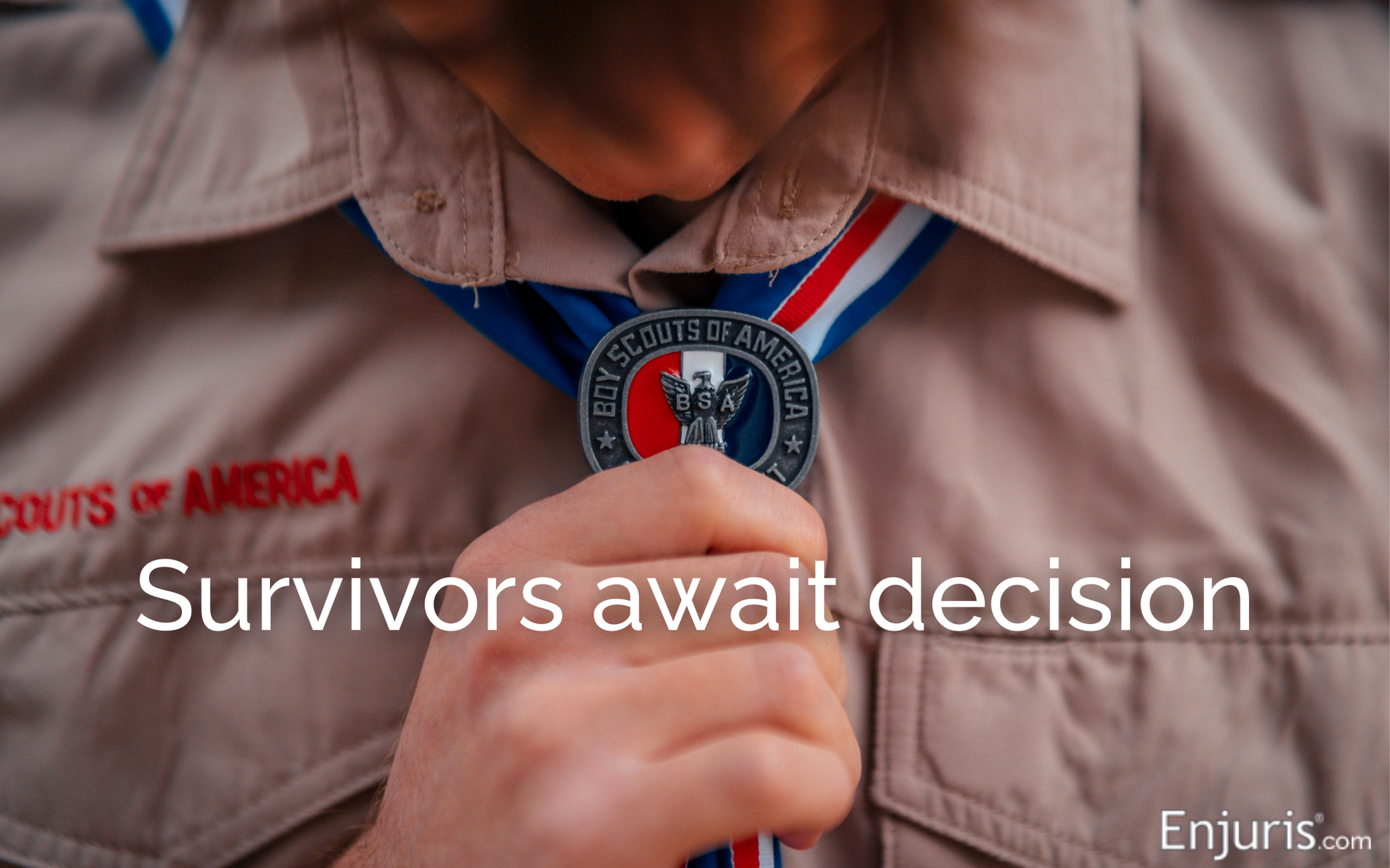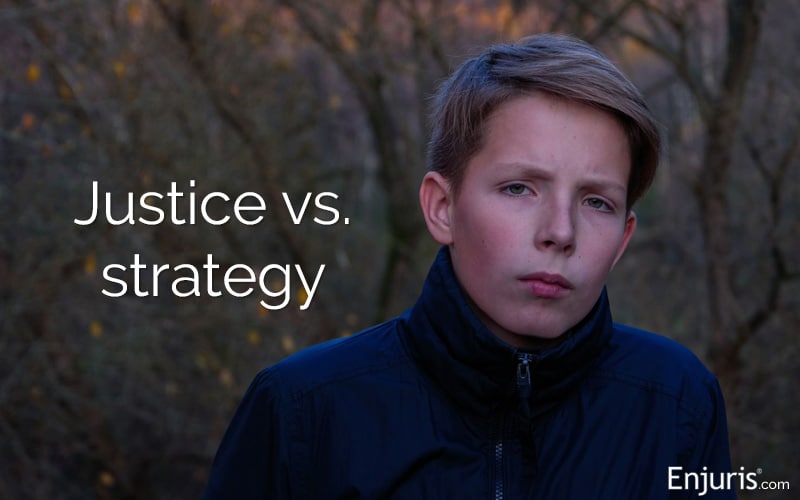
The United States Supreme Court lifted a temporary hold on the Boy Scouts of America’s monumental $2.46 billion settlement, which more than 100 abuse claimants are appealing.
A battle over rights and remedies
The Boy Scouts of America initiated bankruptcy proceedings in February 2020 following the emergence of over 80,000 claims from former scouts alleging sexual abuse during their tenure in the organization. In response, the organization proposed a bankruptcy plan that included a settlement, offering compensation of up to $2.7 million to the victims of abuse.
However, the settlement did not meet with universal approval among the survivors. Over 100 of them lodged a challenge against both the bankruptcy proceedings and the settlement itself. Their primary concern was with the terms of the settlement that absolved non-debtor affiliates from liability.
Essentially, these survivors argued that the settlement was inequitable, as it barred them from filing lawsuits against other non-bankrupt entities involved, such as churches that sponsored scouting programs and insurers that provided policies to the organization.
The arguments mirror those of the plaintiffs in the ongoing Purdue Pharma lawsuits, where the owners of Purdue Pharma were granted immunity from further civil lawsuits in exchange for a settlement for victims of the opioid epidemic. The Supreme Court has yet to issue a ruling in the Purdue Pharma case.
For a different group of survivors, the Supreme Court's decision to temporarily halt the settlement proceedings was a severe blow. Doug Kennedy, a survivor of abuse, expressed the sentiments of many by stating, "There was finally a light at the end of the tunnel, and now this has been yanked away." This pause in the settlement process has resurrected feelings of uncertainty and disappointment among survivors who saw the settlement as a forthcoming resolution to their long-standing grievances.
Lifting the pause will allow the bankruptcy plan proceed while an appeal can be litigated.
What are the implications of bankruptcy on abuse survivors?
For organizations facing sexual abuse claims, bankruptcy can be a powerful tool.
Survivors opting for compensation through bankruptcy lose their ability to conduct discovery proceedings otherwise available through litigation. The inability to conduct discovery prevents survivors from receiving answers regarding their abuse. Moreover, survivors lose the opportunity to uncover potentially damaging information, such as the involvement of additional non-debtor parties who might have been complicit in the abuse—information that may ultimately help prevent future abuses.
Bankruptcy hurts survivors who haven’t filed a lawsuit or who opt out of class membership to pursue their claim individually. These individuals run the risk of competing for smaller amounts than those who choose to accept compensation through bankruptcy. When an organization files for Chapter 11 bankruptcy, the court typically appoints someone to represent “future claimants.” However, it can be difficult to estimate the number of future claims.
Filing a bankruptcy petition also triggers an automatic stay of the commencement or continuation of any legal proceedings against the debtor. The stay remains in effect until the case is closed, dismissed, or a discharge is granted or denied. This protracted stay may prevent future claimants from acquiring evidence in a timely manner, potentially resulting in claims being barred by the statute of limitations.
Finally, organizations confronted with sexual abuse claims often pursue "non-debtor protections" for their affiliated bodies as part of a bankruptcy settlement. These protections grant immunity to individuals and organizations from legal actions related to matters addressed in bankruptcy resolutions. As a result, these groups and individuals receive the advantages of bankruptcy without the necessity of filing for it directly.
Legal implications and the broader picture
The Supreme Court's involvement in the Boy Scouts bankruptcy case is not isolated. It reflects broader legal and moral questions about the role of bankruptcy courts in resolving abuse claims and the protection of non-bankrupt entities. This case, mirroring the ongoing OxyContin maker Purdue Pharma's bankruptcy appeal, challenges the boundaries of bankruptcy law and its implications for victims' rights.
The Supreme Court's final decision on this matter will not only determine the fate of the Boy Scouts settlement but also set a precedent for future bankruptcy cases involving abuse claims.
Archdiocese of San Francisco Files for Bankruptcy
The Archdiocese of San Francisco recently announced its decision to file for Chapter 11 bankruptcy to protect itself from more than 500 lawsuits alleging child sexual abuse.

